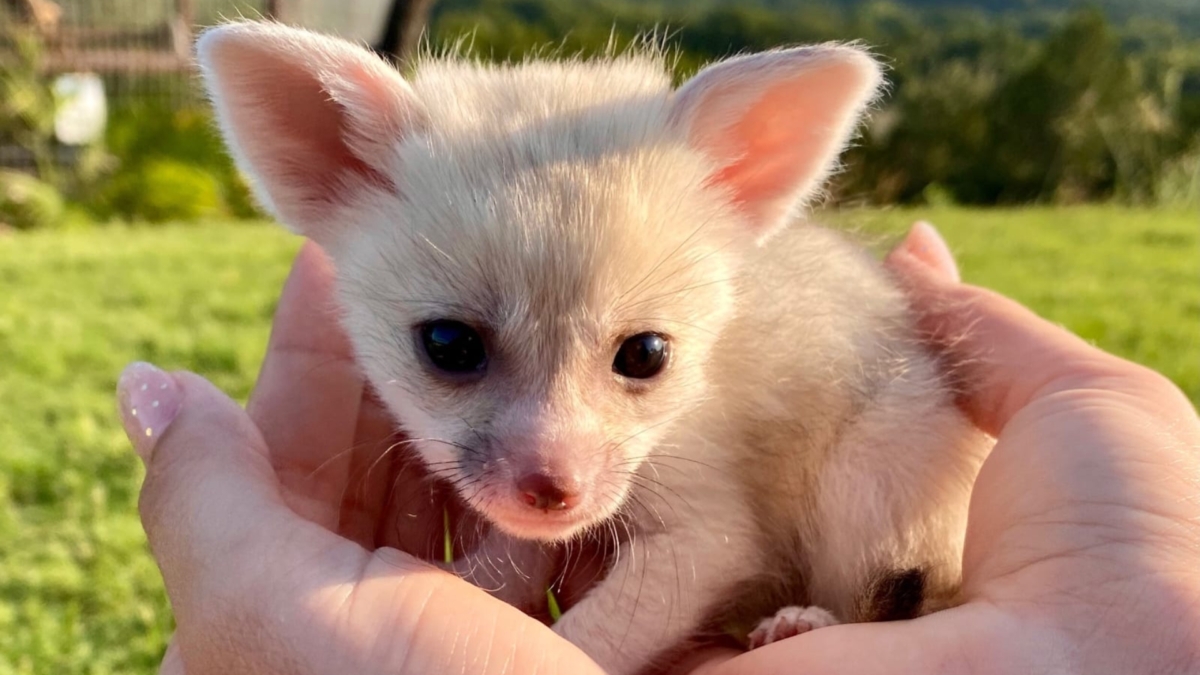The term ‘exotic pet’ is not specific and can mean many things. It ranges from common birds like parakeets to large animals like Bengal tigers. These pets are wild and have not been selectively bred by humans for ages, unlike dogs and cats. More people in affluent countries are choosing to have exotic pets.
Many animals are removed from biodiversity-rich but economically poor countries and shipped to richer nations in Europe and the U.S. Tracking and regulating these markets is tough because they operate globally. Regulations like CITES exist at the international level, along with local rules.
This discussion examines the exotic pet trade in its entirety, covering everything from their forests to their cages. It provides information on how exotic pets are sourced, whether through breeding or capture, and highlights the conditions they endure. The paper wraps up with recommendations to lessen the demand for these pets.
Sources of Exotic Pets:
Exotic pets originate from specific places. Some are bred in captivity, which means they have more human interaction than those captured from the wild.
Wild Caught Animals
Wild-caught animals can be legally obtained if they are not covered by international laws like CITES or the Endangered Species Act. Many countries have laws that restrict taking animals from their natural habitats. Sadly, many wild-caught pets are illegally taken from protected populations to meet the demand in the pet trade.
Wildlife Captive breeding
Wildlife captive breeding includes practices like tiger farming, where tigers are raised for their pelts, bones, teeth, and skulls. Some believe this can be a responsible way to reduce harm to wild populations. Captive-bred exotic pets are often seen as calmer than those caught in the wild. However, allowing some species to be bred for the pet trade can still endanger their wild relatives through poaching.
Capture
- Some exotic pets either struggle to breed in captivity or come entirely from wild sources.
- In the aquarium industry, cyanide fishing is often used for various species, such as the raccoon butterflyfish.
- Fishermen apply cyanide to stun fish quickly and cheaply for sale in the aquarium market. Unfortunately, this practice severely harms coral and other reef life.
Find Your Exotic Pet: Best Local Options
- To find an exotic pet near you, start by checking local pet stores that specialize in these animals.
- Look for breeders who focus on reptiles, birds, or small mammals. You can also visit pet expos to see different animals and talk to sellers.
- Consider adopting rescue groups that help exotic pets find new homes. Before buying, make sure your pet is allowed in your area.

The role of Social media in selling and saving exotic pets
- Social media has greatly transformed how people find and understand information.
- This shift is very noticeable in the exotic pet market. Much of the content is not regulated and relies on private social media companies for moderation.
- This trend is seen worldwide, not just in the U.S.
- A study from the University of Adelaide looked at how celebrities in the Middle East use social media and found that posts with exotic pets received a generally positive reaction.
The role of Physical markets in selling exotic pets
- While social media has developed a new and less visible market for exotic animals, physical markets are still present.
- Exotic animal auctions are among the most recognized of these markets.
- Some examples include the Lolli Bros.
- Livestock Auction in Missouri, the Triple W Livestock Auction in Tennessee, and the Mid-Ohio Alternative Animal and Bird Sale, along with many others that happen annually.
Conclusion:
Exotic Pet have become well-known examples of the trade, and this section will explore the negative effects of both legal and illegal trading on them. Many states focus on the ownership of dangerous exotic animals, but they often overlook the care of exotic pets. This is a big issue in states with weak laws about exotic pets..

